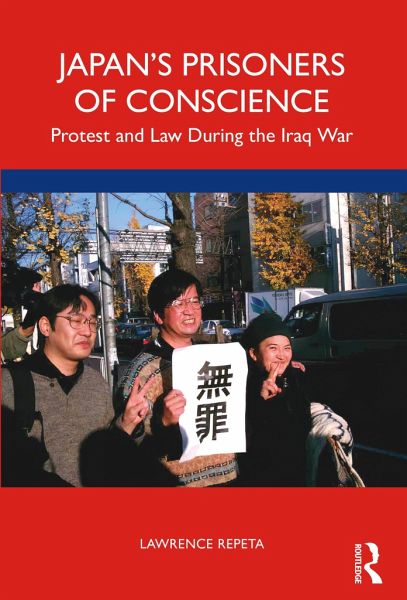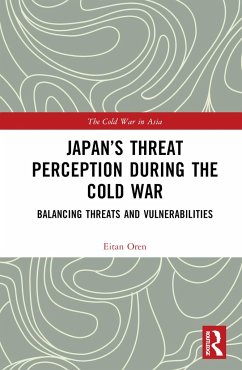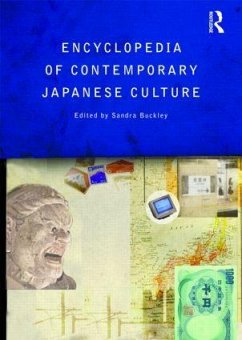
Japan's Prisoners of Conscience
Protest and Law During the Iraq War
Versandkostenfrei!
Versandfertig in 6-10 Tagen
41,99 €
inkl. MwSt.
Weitere Ausgaben:

PAYBACK Punkte
21 °P sammeln!
This book is a narrative account of the criminal prosecution of three peaceful protesters in Japan during the Iraq War that tells the inside story of their arrests and trial and examines the larger issues raised by the case.Based on interviews with defendants, lawyers, and eyewitnesses and other Japanese language sources, the book carries rich descriptions of the individuals at the heart of the story, including the charismatic leader of the "Tachikawa Tent Village" who has been protesting since U.S. military forces were stationed in her hometown in the early postwar era. Authored by an attorne...
This book is a narrative account of the criminal prosecution of three peaceful protesters in Japan during the Iraq War that tells the inside story of their arrests and trial and examines the larger issues raised by the case.
Based on interviews with defendants, lawyers, and eyewitnesses and other Japanese language sources, the book carries rich descriptions of the individuals at the heart of the story, including the charismatic leader of the "Tachikawa Tent Village" who has been protesting since U.S. military forces were stationed in her hometown in the early postwar era. Authored by an attorney who has researched and written on Japanese legal issues for more than three decades and was the plaintiff in a suit that made constitutional history by opening Japan's courts to free reporting, this book offers expert insights into the forces that affect the right to freedom of political speech in Japan.
Illustrating the sharp political conflict that has deeply affected Japan's defense policy for decades, this book will be of great interest to scholars and students of Comparative Law, Peace Studies, Japanese Society, and Modern Asian History.
Based on interviews with defendants, lawyers, and eyewitnesses and other Japanese language sources, the book carries rich descriptions of the individuals at the heart of the story, including the charismatic leader of the "Tachikawa Tent Village" who has been protesting since U.S. military forces were stationed in her hometown in the early postwar era. Authored by an attorney who has researched and written on Japanese legal issues for more than three decades and was the plaintiff in a suit that made constitutional history by opening Japan's courts to free reporting, this book offers expert insights into the forces that affect the right to freedom of political speech in Japan.
Illustrating the sharp political conflict that has deeply affected Japan's defense policy for decades, this book will be of great interest to scholars and students of Comparative Law, Peace Studies, Japanese Society, and Modern Asian History.














